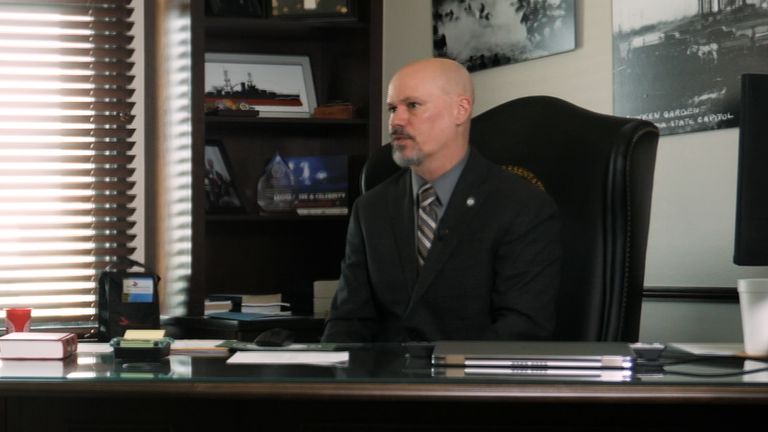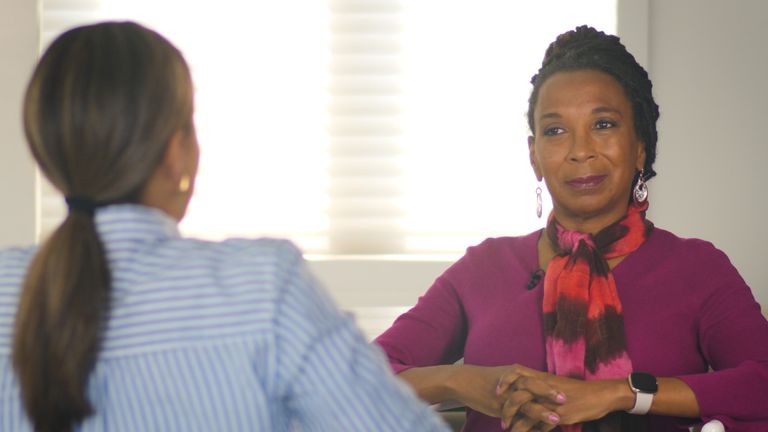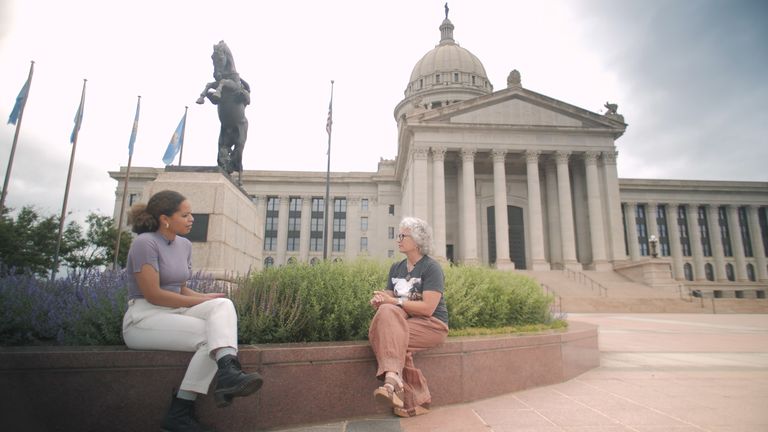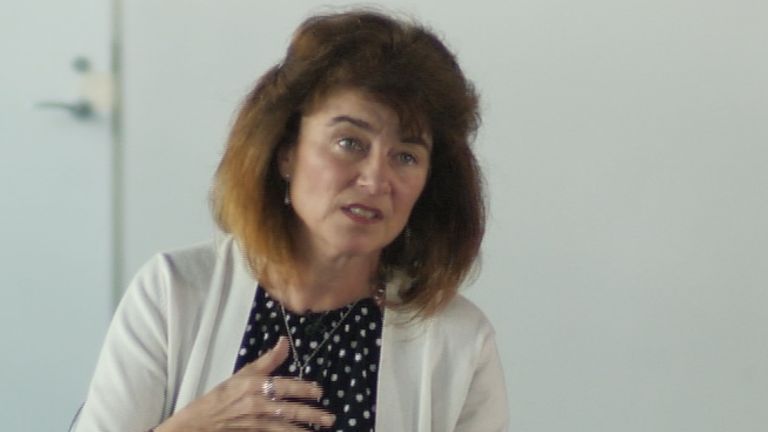Why some US states are banning ‘critical race theory’ from being taught in schools
Anthony Crawford worries his job may be in jeopardy.
For two years he’s taught English and creative writing at Millwood High School in Oklahoma City and since the murder of George Floyd, he’s held intense debates about race and history with his students.
But a new Oklahoma state law, passed in early May, is set to ban certain teachings of race, bias and history.
Mr Crawford expects the legislation will have a chilling effect on teacher behaviour.
“It has to, because now for teachers, you don’t want to lose a job,” he says.
“I don’t want to talk about this knowing that it could be possibly a lawsuit or a possible way for me to lose my job.”
Oklahoma’s new law targets “critical race theory”, a study of the legacy of racism and history in American legal and social systems.
It was first developed by black scholars more than four decades ago to provide a framework for understanding how US laws and practices have reproduced inequality.
But a growing chorus of conservatives use the phrase in reference to a range of diversity and inclusion training and teachings that they argue are divisive and likely to make students feel guilt and anguish.
Oklahoma state representative Kevin West, one of the authors of the legislation, did not put the words “critical race theory” in the bill, but acknowledges that is what’s in its crosshairs.
“It’s that overall concept,” he says. “Critical race theory is more like just an umbrella statement.”
Fights over how to talk about racism in schools have boiled over in local communities from Texas to Utah and California.
Oklahoma is now one of at least a dozen states that have introduced measures to ban or limit the teaching of critical race theory in schools.
Kimberle Crenshaw, one of the original founders of critical race theory, sees these laws as a backlash to the racial reckoning of last summer, when Mr Floyd’s murder sparked uncomfortable conversations about diversity, inclusion, and history in almost every workplace, school, and university in America.
She doubts most of her critics have ever read her work.
She says: “I want to ask, ‘what do you think critical race theory is? What is it that you think your children are being taught in school?’.
“Now it’s a catch-all for everything that people don’t want their children to learn. And that’s why it’s been so successful.
“People don’t know what it is. But now there’s a name for that thing that goes creak in the night.”
Jenni White, a mother-of-five and an education activist who supports Oklahoma’s new law, describes feeling like a “pendulum has swung” in America since her upbringing in the 1960s.
“We had to have a civil rights movement for black people to be able to sit on a bus,” she says.
“That’s horrifying. Why would that ever happen? Why? So the pendulum was way over here.”
Now the conversations she has observed in some school districts alarm her.
“I’ve seen things that are coming out of schools where I’m supposed to apologise for my whiteness and I’m supposed to apologise for, you know, this or that or the other thing,” she says.
“And now we’ve moved, if that’s the continuum that we’re going to go on.
“You’re going toward, you know, demonising a population just like we demonised another population.”
Teresa Manning, a former Trump administration official and policy director of the National Association of Scholars, is also closely watching the curriculum and conversations in schools.
She says she believes proponents who push discussions of marginalisation and bias in schools have hate for America.
“It’s certainly psychological warfare, absolutely psychological to demoralise the Western peoples,” she says.
She emphasised that teachers will still be able to talk about historical events like slavery in context, and that these laws are a reaction, not an offensive measure.
“No, it’s a defence. It’s a defence of the country, of Western principles, of individual rights, a defence of the ideals of America,” she adds.
Oklahoma’s new law will go into effect before the next school year.
Subscribe to the Daily podcast on Apple Podcasts, Google Podcasts, Spotify, Spreaker
At Millwood High School, superintendent Cecilia Robinson-Woods wants teachers like Anthony Crawford to know the district will support them in teaching race and history as they always have.
She expects challenging discussions of racism and inequality will continue with young students, whether state lawmakers approve of them or not.
She says: “The world is going to be browner and gayer than any of us have ever imagined because people are so empowered to be themselves… for someone who thinks the pendulum is swinging, I don’t feel bad for them at all because the world is changing.
“We can’t stop it. No law is going to stop that.”
This story was produced as a collaboration between NBC and Sky News.
Source: Read Full Article






